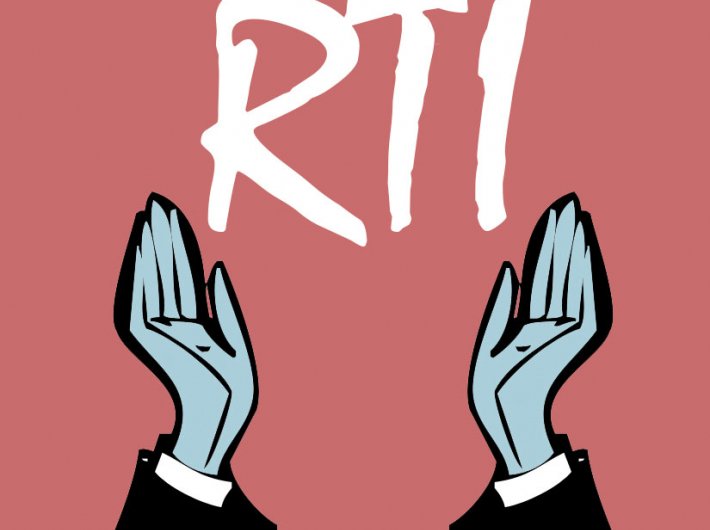It’s disturbing to see MPs cutting across party lines criticizing the poor’s right to information
There is a very disturbing news report about the entire political spectrum agreeing that RTI is misused and some constrictions and impediments should be developed to muzzle it. This is indeed a sad state of affairs.
Samajawadi Party MP Naresh Agarwal has leveled a charge that the Indian parliament made the RTI Act under US pressure! I would have imagined that other MPs would have raised a breach of privilege motion against him. Unfortunately, such a derogatory remark about the Indian parliament did not result in any protests by other MPs.
Praful Patel of NCP made a remark which was still worse. He had objection to the poor –paanwaala and chaiwaala – seeking information under RTI. He then genuflected before the most famous ‘chaiwaala’ of India, and said that the PM was an exception. His implication was that if you are a chaiwaala who is not the PM, how dare you a low-down person seek information from the government? The government appears to have been willing to go along that path. What is most surprising is that Rajiv Shukla of the Congress party also went along with this, almost repudiating his own party’s biggest achievement.
I remember poet Vajpayee’s poem:
कौरव कौन, कौन पांडव, टेढ़ा सवाल है;
दोनो ओर, शकुनी का फैला कूटज़ाल है,
धर्मराज ने छोडी नही, जुए की लत है,
हर पंचायत मे, पांचाली अपमानित है,
बिना कृष्णा के आज महाभारत होना है,
कोई राजा बने, रंक को तो रोना है.
अब उठ और अपने RTI की रक्षा कर,
वरना तेरी लोकशाही निवस्त्रा हो जाएगी,
गांडीव उठा अगर भारतकी रक्षा करनी है.
Citizens must get together and give an effective message that they will not tolerate a retrograde attack on their fundamental Right to Information. If they shackle RTI by labeling some applications as ‘misuse’ they will refuse most information which reveals corruption and arbitrariness.
As an information commissioner who dealt with over 20,000 cases I had the opportunity of interacting with a large number of RTI users and public information officers (PIOs). Generally PIOs would refer to most applicants who filed RTI applications regularly as blackmailers, harassers and those who were misusing RTI. I would broadly divide those who filed a large number of RTI applications in the following categories:
1. Those who filed RTI applications with the hope of exposing corruption or arbitrariness and hoped to improve and correct governance.
2. Those who filed RTI applications repetitively to correct a wrong which they perceived had been done to them.
3. Those who used RTI to blackmail people. This category largely targets illegal buildings, mining or some other activity which runs foul of the law.
All these categories together comprised around 10% of the total appeals and complaints. These represent persistent users of RTI and those who are generally knowledgeable about appeals and procedures. Nobody will deny that the first category deserves to be encouraged and is growing steadily. In the second category there are some who have been able to get corrective action and some whose grievance may defy resolution. Generally most of us have a strong aversion for the third category who are making it a money-earning racket. This category certainly does not exceed 5% of the total.
I would argue that in the implementation of most laws some people will misuse its provisions. The police often misuse their powers to subvert the law, and so also criminals misuse our judicial system to prolong trials. The misuse of laws is largely dependent on the kind of people in a society and whether the justice system has the capability of punishing wrongdoers. There are people who go to places of worship with the sole objective of committing theft or other crimes. But society does not define these as their main characteristic. Is it reasonable to expect that only angels will use RTI?
I would submit that the powerful find RTI upsetting their arrogance and hence try to discredit RTI by often talking about its misuse. I have often questioned government officers how the blackmailers operate. They state that the RTI blackmailer threatens an illegal action with exposure and thereby extorts money. I wonder why society has such touching empathy for the victims who have committed illegal acts. If RTI is muzzled by asking people to define why they want information, soon we will have to provide reasons for speaking. We must defend our democracy.

